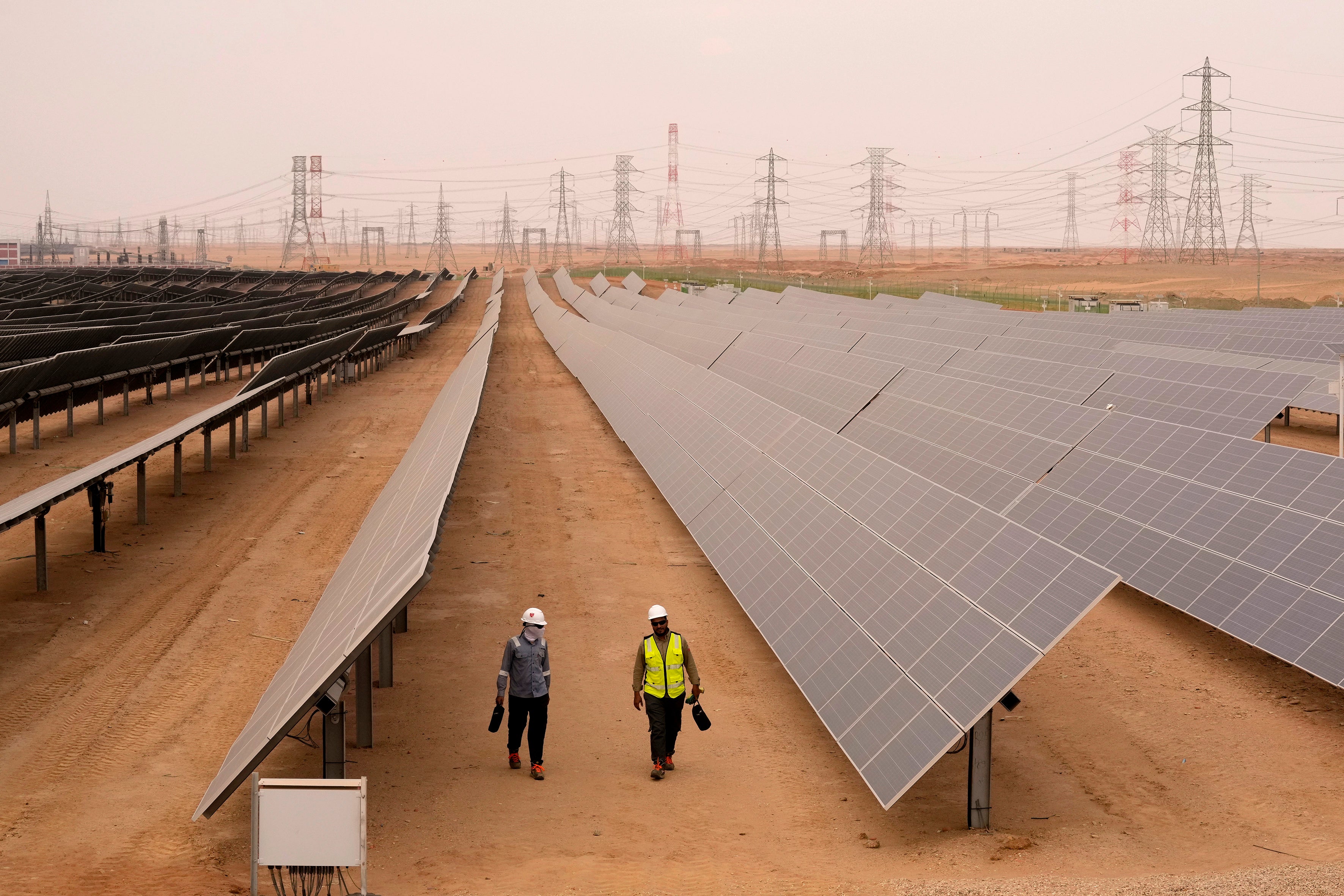Britain's solar sector hit by cut in Government support

Your support helps us to tell the story
From reproductive rights to climate change to Big Tech, The Independent is on the ground when the story is developing. Whether it's investigating the financials of Elon Musk's pro-Trump PAC or producing our latest documentary, 'The A Word', which shines a light on the American women fighting for reproductive rights, we know how important it is to parse out the facts from the messaging.
At such a critical moment in US history, we need reporters on the ground. Your donation allows us to keep sending journalists to speak to both sides of the story.
The Independent is trusted by Americans across the entire political spectrum. And unlike many other quality news outlets, we choose not to lock Americans out of our reporting and analysis with paywalls. We believe quality journalism should be available to everyone, paid for by those who can afford it.
Your support makes all the difference.Britain's solar sector is reeling from an overhaul of the Government incentives offered to those installing the technology, the head of the industry's trade association warned yesterday.
Howard Johns, the chairman of the Solar Trade Association, said forecasts that last month's revamp of the feed-in tariff rules would damage the sector – and Britain's efforts to generate more energy from renewables – were already proving correct.
The revamp, introduced at the start of August, saw the Government reduce what is paid to those who generate more power than they need from solar installations. In most cases, the tariffs on offer to installations feeding such energy back into the national power grid are now much lower.
While the cuts did not affect the smallest solar installations – with domestic homes that have fitted the technology still benefiting from higher rates – these projects provide far less energy than panels on large commercial premises. However, Mr Johns warned that in many cases, these bigger projects, which could have substantially increased the amount of energy generated by solar power, were not economically viable under the new feed-in tariffs.
"We cannot understand why, at such a critical point, the UK is turning its back on a major opportunity to strengthen its position in what will be the biggest and cheapest energy generation technology," Mr Johns said.
However, the Government has insisted the feed-in tariff scheme was never meant to incentivise large commercial solar projects – and that such schemes were taking the lion's share of resources put aside with the aim of encouraging domestic households to install the technology.
Mr Johns added: "It isn't just large-scale solar that has been affected – communities, hospitals and schools have also been forced to halt their own solar panels."
Join our commenting forum
Join thought-provoking conversations, follow other Independent readers and see their replies
Comments